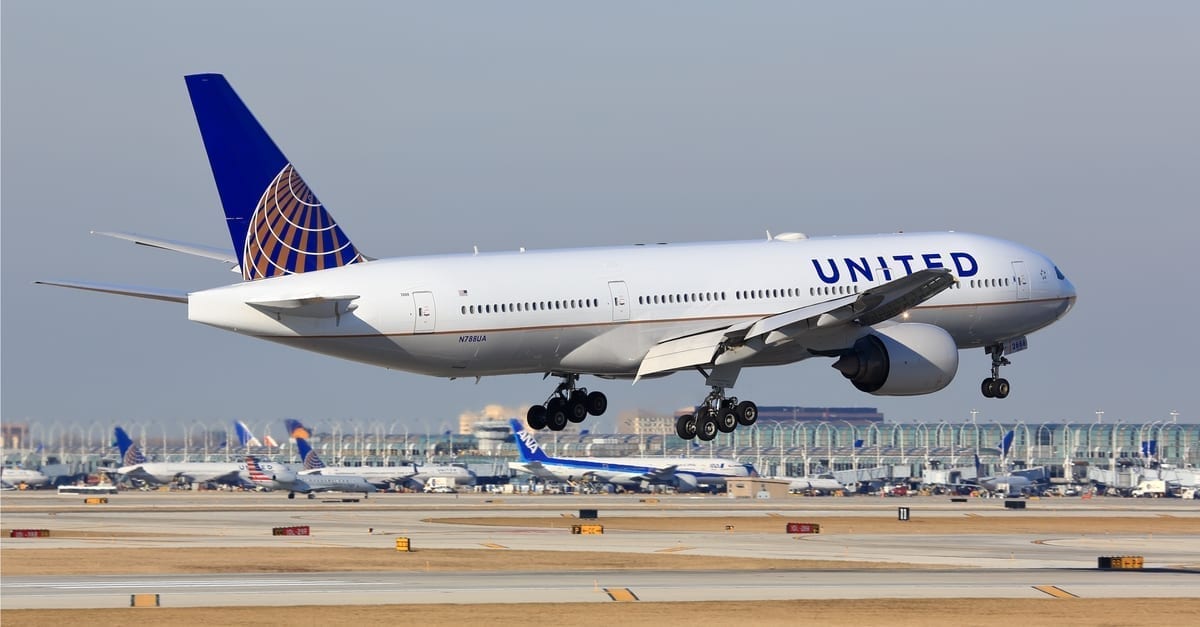Republicans in Congress are finally warming up to the idea of added consumer protections for air travelers.
While The Hill reports that many GOP legislators had been opposed to regulating the airline industry just over a year ago, rejecting calls to curtail a hefty variety of fees and establish minimum seat sizes.
However, recent controversies and calls for change seem to have pushed conservative legislators over the edge. A slew of scandals – most notably the forcible eviction of Dr. David Dao from a United flight – has placed major American airlines under unprecedented scrutiny from Congress.
“I think it’s getting harder and harder and harder for Congress to vote in support of the industry and against the consumer,” said Rep. Steve Cohen (D-TN) in a phone interview with The Hill.
The Dao incident proved pivotal a breaking point for both the public and politicians.
Dao, a physician and refugee of the Vietnam War, was violently dragged off a United Flight after he refused to give up his seat to accommodate United personnel who needed to be transported to another hub. Rather than offering a larger incentive to other passengers or finding a way to peacefully resolve the dispute, United called in Chicago O’Hare’s security force to drag the doctor away.
Video footage of the incident showed Dao with a bloody face – later bedside reports from the hospital indicated his nose has been broken and that officers had knocked out several teeth.
Politicians in both chambers of Congress took the incident seriously, incorporating language in a Federal Aviation Administration reauthorization which prohibits the forcible removal of passengers from airplanes after boarding.

United CEO Oscar Munoz was personally called to attend a congressional hearing on airline practices, wherein he was grilled by the committee head and pressured to admit fares were so high consumers couldn’t even effectively boycott his business.
Both the House and Senate have also proposed establishing minimum seat sizes.
In the past, Republicans had opposed measures regarding seat sizes, arguing that it wasn’t the place of the government to determine what amenities carriers should offer customers.
“I was voting against my self interest,” said Sen. John Thune (R-SD). “I just honestly think it’s not the FAA’s place to define comfort.”
The Hill notes that the House Transportation Committee adopted a seat size amendment to the FAA reauthorization after American Airlines announced it’d cut already-small seat sizes by an additional two inches.
Rep. Cohen said he was surprised by the reaction of airlines to the proposal – rather than resisting, many quietly and reluctantly agreed not to fight back.
“I think they’ve started to get a little bit more sensitive to the fact they’ve become the telephone companies, in terms of the public outrage the public has towards them,” explained Cohen.
Committees also adopted a fee-limiting proposal by Massachusetts Senator Ed Markey.
Markey’s amendment would place limits on the amount of money airlines can charge passengers for changing seats, cancelling flights, or checking baggage.
“Airlines should not overcharge captive passengers just because they need to change or cancel their flight, and my amendment will protect consumers from these sky-high fees,” said Markey.
While airlines have traditionally been able to count on Republicans in the House and Senate for protection against regulation, the inclusion of amendments like Markey and Cohen’s suggest that protection from industry abuse has become a matter of bipartisan concern.


Join the conversation!